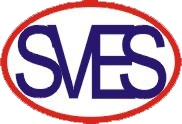
Oil and Gas Well Control: What You Need to Know
2023-11-20 10:00Oil and Gas Well Control: What You Need to Know
Oil and gas well control is a vital aspect of drilling operations that ensures the safety, efficiency, and profitability of oil and gas production. However, well control technology has evolved over time to meet the changing needs and challenges of the industry. In this blog post, we will explore some of the basic concepts of oil and gas well control, such as well invasion, overflow, kick, blowout, and how to prevent them using various methods and technologies.
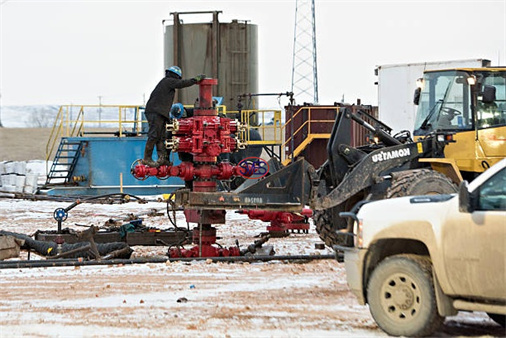
What is Well Invasion?
Well invasion refers to the intrusion of fluids (oil, gas, water) in the formation pores into the well. The most common well invasions are gas invasion, oil invasion and salt water invasion. Well invasion can cause problems such as reduced wellbore stability, increased formation damage, loss of production capacity, and environmental hazards.
What is Overflow?
Overflow refers to the phenomenon that formation fluids (oil, gas, water) invade into the well, and the amount of drilling fluid returned from the wellhead is greater than the pump capacity, or the drilling fluid automatically overflows from the wellhead after the pump is stopped. Overflow can cause problems such as increased drilling costs, reduced production rates, increased pressure fluctuations, and potential blowouts.
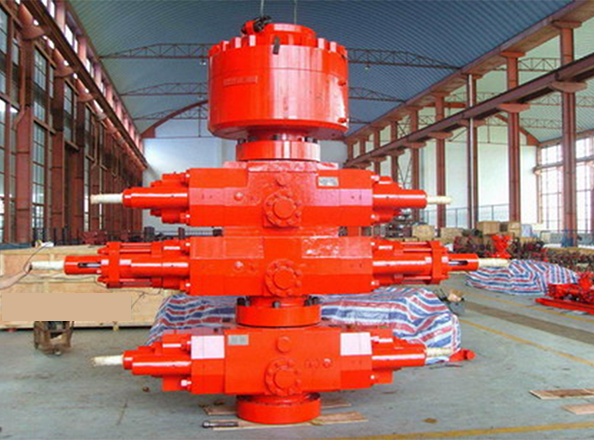
What is Kick?
When the overflow develops further, drilling fluid gushes out of the wellhead, which is called a kick. A kick can cause problems such as damage to equipment and personnel, loss of control over drilling operations, reduced production rates, increased pressure fluctuations, and potential blowouts.
What is Blowout?
Blowout refers to the uncontrolled flow of formation fluid (oil, gas, water) into the well, ejecting from the wellhead or entering a weak formation underground. It is a vicious drilling accident that can cause catastrophic consequences for both surface and subsurface environments. Blowout can be caused by various factors such as improper well design or construction, inadequate equipment or maintenance, human error or negligence.
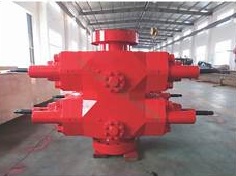
How to Prevent Well Invasion?
Well invasion can be prevented by using various methods and technologies that enhance the integrity of the wellbore and reduce the permeability of the formation. Some of these methods and technologies include:
- Using casing strings with sufficient strength and quality to prevent fluid leakage or corrosion.
- Using cementing techniques to seal off fractures or weak zones in the formation that could allow fluid ingress.
- Using artificial lift systems to increase production rates without increasing pressure or reducing reservoir pressure.
- Using monitoring devices to measure formation pressure and detect any anomalies or signs of invasion.
- Using blowout preventer systems to isolate or stop any uncontrolled flow from reaching sensitive areas.
How to Prevent Overflow?
Overflow can be prevented by using various methods and technologies that optimize drilling operations and reduce fluid losses. Some of these methods and technologies include:
- Using proper drilling parameters such as speed, directionality, inclination angle etc. to minimize fluid losses.
- Using proper drilling equipment such as pumps etc. to maintain adequate flow rates in case of emergencies.
- Using proper drilling procedures such as shut-in etc. to stop pumping when necessary.
- Using proper drilling practices such as cleaning etc. to remove any debris or contaminants that could clog or damage equipment.
- Using proper drilling training etc. to ensure qualified personnel are operating equipment safely.
How to Prevent Kick?
Kick can be prevented by using various methods and technologies that improve well control performance and reduce fluid surges. Some of these methods and technologies include:
- Using proper well design or construction such as using appropriate tubing size etc. to avoid excessive friction losses.
- Using proper equipment or maintenance such as using reliable blowout preventer systems etc. to control pressure fluctuations.
- Using proper human error or negligence prevention such as following standard operating procedures etc. to avoid mistakes or oversights.
- Using proper emergency response plans such as having backup equipment etc. ready in case of emergencies.
How to Prevent Blowout?
Blowout can be prevented by using various methods and technologies that enhance well control safety and reliability. Some of these methods and technologies include:
- Using proper blowout preventer systems such as using blowout preventer valves etc. to isolate or stop any uncontrolled flow from reaching sensitive areas.
- Using proper blowout detection systems such as using sensors etc. to monitor pressure changes in real time.
- Using proper blowout mitigation systems such as using relief wells etc. to divert excess pressure away from critical areas.
- Using proper blowout recovery systems such as using pumps etc. to restore normal production after a blowout.
- Using Annular BOP, Single RAM BOP, Single Ram BOP, Double Ram BOP, Proper BOP Spare Part, Ram Block Assembly, Ram Rubber,Top Seal , Bottom Seal.BOP spare partAnnular Blowout PreventerAnnular BOPSingle Ram BOPDouble Ram BOP
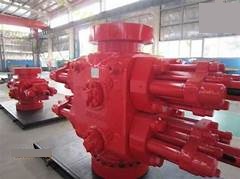
Conclusion
Oil and gas well control is a complex and dynamic field that requires constant monitoring and improvement. By understanding some of the basic concepts of oil and gas well control, such as well invasion
